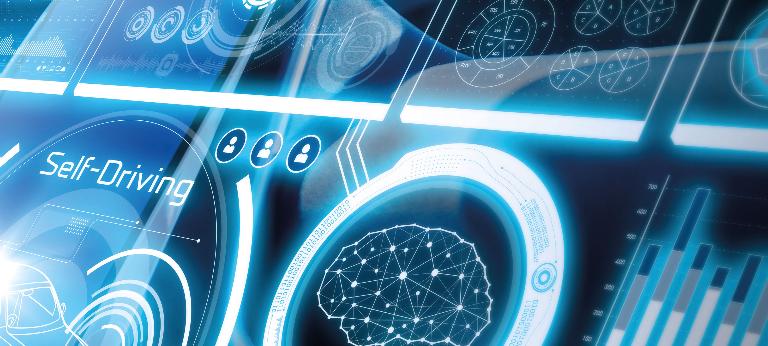Automotive & Commercial Vehicles
Elevate your business with our automobile consulting services. We provide expert advice, tailored for industry professionals seeking efficiency.


"The greatest of the transformational challenges lies in changing the mindset that has for decades dominated the automotive industry. Players must be open to new ideas and they'll first need to perform a radical rethink before they can put in place the requisite structures and processes."
New designs, high-horsepower engines or fast acceleration from 0 to 100 km/h – these were long the kinds of factors that influenced people to buy a car. And the automotive industry spent decades perfecting their technologies accordingly. Time-wise, it was usually sufficient for the technology update to come in with the next generation, or with the next facelift if need be. All of that is now changing dramatically. Besides looking at CO2 emissions, car buyers are increasingly basing their decisions on digital aspects. New questions are being asked: How secure is the software? What devices can I connect? How failure-prone is the digital infrastructure? Does the software get regular updates?
In the digitalization of the automobile, it's software that plays the central role. Whereas the large technology groups may well have a perfect mastery of new software development and how to deal with it, many companies in the automotive industry are still very much in learning mode. Sadly, though, there's little time for that, given the fact that numerous rival firms – especially the new automakers from the US and Asia – are years ahead of incumbent OEMs and have already brought software-driven models to market. If auto manufacturers want to emerge successful from the digitalization of the automobile , they need to transform their production processes and the way they work with suppliers – and they need to do it fast.
Towards the software-enabled company
Once you have the basis for transformation in place, four changes must be implemented.
If you would like to receive a more comprehensive analysis as a PDF, we will be happy to send it to you after the registration below.